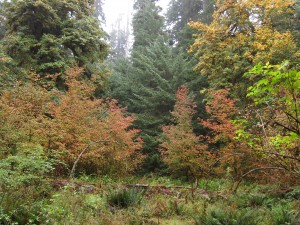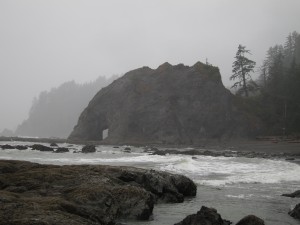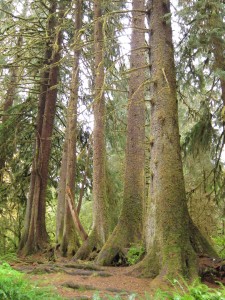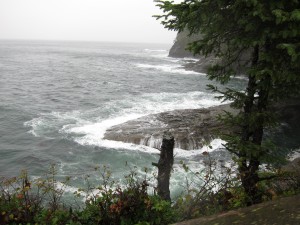
Sunday is Father’s Day, so I thought it would be fitting to pay tribute to my dad.
It’s coming up on a year since my dad died, just shy of his 70th wedding anniversary and his 88th birthday. Not a bad run, but there’s never a good time to lose a parent, and his absence still feels odd and strange. Worse, his dying happened during COVID, so saying goodbye was equally odd. We drove from New York to Illinois with a full cooler of food, stopping only to get gas and use the rest stops.
Once we arrived, we stood at his window to talk to him. Dad wore hearing aids and had macular degeneration, so we’re unsure how aware he was of our presence. Mom had to balance her walker on landscaping rocks, and they didn’t let her in to see him, even though they lived in the same facility, until they determined he was near death.
My father was a quiet, reserved man (something I inherited from him), but he had his own way of showing his love. I recall a lot of little things: his determination to teach me to drive a stick shift, for example. We had a ’74 Pinto where the difference between first and third gears was so minimal it was easy to pop into third and stall out. No matter. He wanted me to learn in case I was ever in a situation where only a standard transmission was available. In fact, that happened some years later when I wrecked my car and didn’t have rental car insurance. The car I borrowed had a stick shift.
Every now and then Dad decided to bake something. It didn’t happen often, but when it did it was a big deal. After all these years, I still remember sitting with him while he made cookies, and the smell and taste of hot Snickerdoodles fresh from the oven.
In junior high, I got sick at a basketball game and had to go to the hospital. When we got to the ER, he picked me up and carried me, me worrying about his bad back while he did so. I was petite, but still, that was a lot of weight for a guy to lug around who had to spend a lot of time lying on his back on the floor with bent legs propped on a chair to relieve his pain.
When my first attempt at college failed miserably, he was the one who comforted me. “Take some time off,” he advised. “You can go back later.” I did, though it was much, much later than either of us ever expected. But in that moment he taught me how most things aren’t black and white, all or nothing. We can choose, and we can do life in a different order.
Mostly, I remember the love story between my dad and my mom. Married as teenagers, they provided an example of devotion that stayed with me. It took me a long time and a few divorces to find the equivalent of what they had, but I always knew what was possible.
His illness and death were rather sudden, with a swift downhill. It seemed like only a minute from the time he mentioned, casually, that he’d lost 25 pounds in a short time, to multiple falls, to hospitalization and the cancer diagnosis.
Now that he’s been gone a year, his absence is both more disconcerting and comforting at the same time. It feels good to remember all the ways he made a difference in his quiet, thoughtful way. He is always missed and always loved.
If you have fond memories of someone who is no longer with us, please share!




